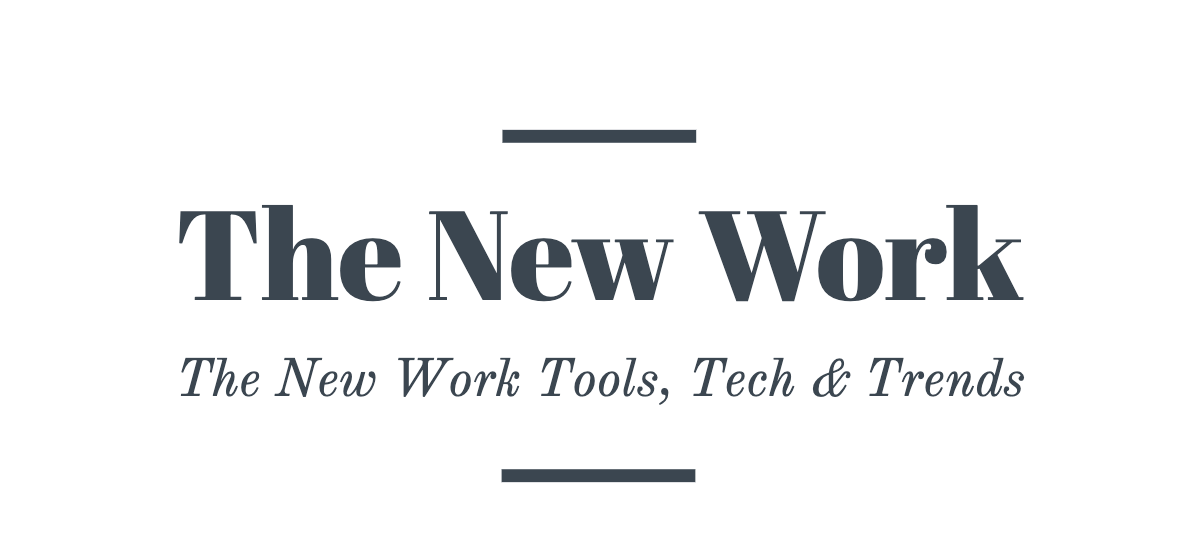In many traditional corporate environments, an unspoken ethos persists: a visible effort, manifesting as late nights or weekends at the desk, translates to dedication. Such ‘dedication’ is often celebrated, sometimes even more than the end result. Michael Mizrahi, Head of Operations at Levels, challenges this deep-rooted sentiment and offers a nuanced understanding of the balance businesses need to strike. From his perspective, it isn’t about when you work but how you contribute:
First and foremost, we need to redefine ‘hard work.’ Clocking hours is a superficial measure. Mizrahi’s experience suggests that it’s high time businesses evaluate work by its impact and quality. To illustrate, consider the person who sends an email over the weekend just to exhibit they’re ‘working’. This performance might garner appreciation in many workplaces. But ask yourself: what did that act accomplish? Instead, if that person had scheduled it for a regular weekday, it wouldn’t have interrupted another’s off-time and the message would stand equal merit.
The key takeaway? Actions should be aligned with a purpose, not with a time log. This is not to undermine effort, but to elevate the importance of impact. Hours spent doesn’t always equate to goals achieved.
However, shifting from celebrating effort to valuing results doesn’t imply that businesses start ignoring effort altogether. It’s about ensuring that recognition isn’t solely based on visibility. With a team spread globally, like the one Mizrahi works with at Levels, the essence of their approach is to encourage employees to work when they are most effective.
So, what does this shift look like in practice?
- Transparent Metrics: Establish clear metrics for success. Every role, every project should have defined KPIs. It’s not the time spent that matters but the progress made towards these indicators.
- Flexible Scheduling: This isn’t about accommodating laziness but recognizing diversity in productivity rhythms. Some might be morning people; others, night owls. As Mizrahi’s experience suggests, when people work at their prime, the output is naturally of a higher caliber.
- Redefining Communication: Businesses need to adjust communication norms. An email timestamp shouldn’t be a badge of dedication. Mizrahi pushes for a culture where communication is purpose-driven, not time-bound.
- Celebrate Impact: When a team accomplishes a milestone, make it known. When an employee cracks a challenging problem, ‘loudspeaker-it’. Recognition should be directly tied to tangible achievements.
- Feedback Loops: Continuously gather feedback on processes. While Mizrahi doesn’t spell it out directly, it’s evident in his MO at Levels. It ensures the emphasis remains on refining processes to achieve better outcomes, rather than just working harder.
In essence, it’s a shift from the age-old proverb, “Work hard” to a more refined, “Work clever.” It’s not about diluting dedication but redirecting it for maximum impact. As businesses, we have the onus to ensure our teams are set up not just for activity, but for productivity.

